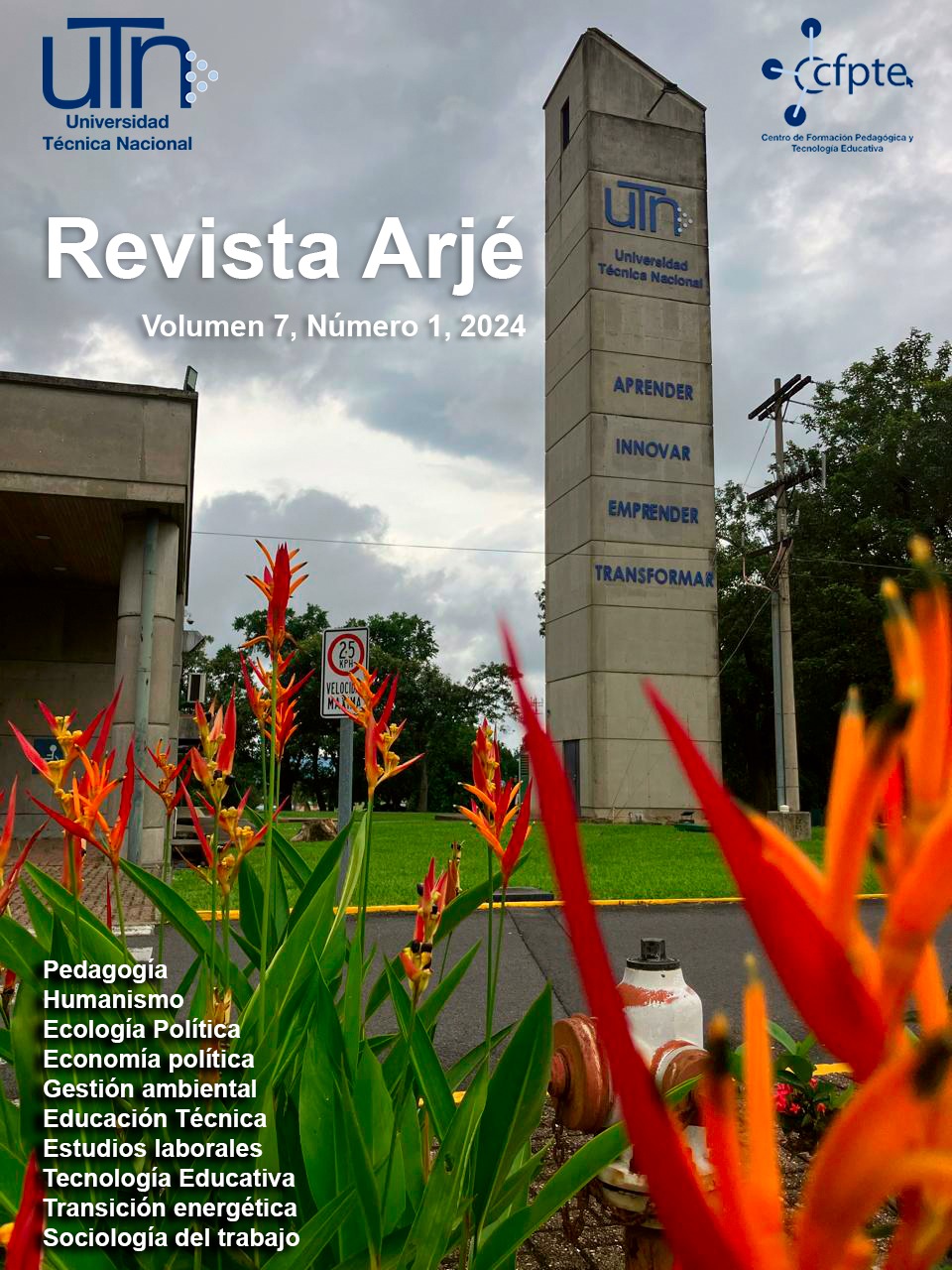Vehicle mobility and the environment: Are electric cars the route to a definitive solution? The Costa Rican case.
DOI:
https://doi.org/10.47633/Abstract
Costa Rica is considered a country open to private electric vehicle mobility. Thanks to the enactment of policy incentives, there has been a significant increase in electric cars for daily use, with just over 14,000 cars estimated by July 2024 (according to MINAE, not counting motorcycles, special or work vehicles). This growth is driven in part by the connection to the zero CO₂ emissions concept and, perhaps even more so, by marketing that highlights the perception of fuel savings and lower costs in derived lubricants. The objective is to answer: what has been foreseen in this nation regarding future environmental impacts from an eventual massivity of used or retired cars when chemical wastes such as cobalt, nickel or lithium are generated? This motivated a descriptive type of research, supported by extensive bibliographic material and official data published by energy agencies, as well as contributions from both national and international sectors of interest, which led to the construction of results based on official statistical data and experiences in countries such as Germany, especially in the management of lithium-ion battery waste. What we are about to discover with this article raises a crucial issue for a country that boasts of being environmentally friendly, within a policy framework that has not yet been developed to value the entire life cycle of these materials.









